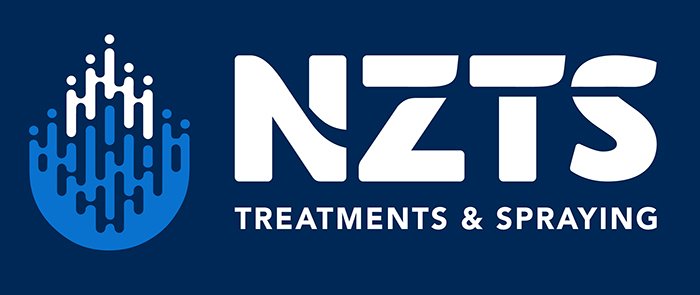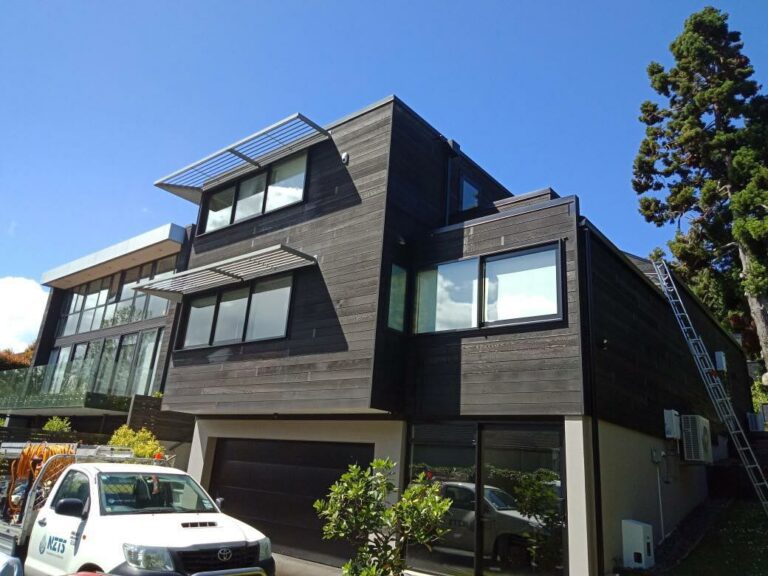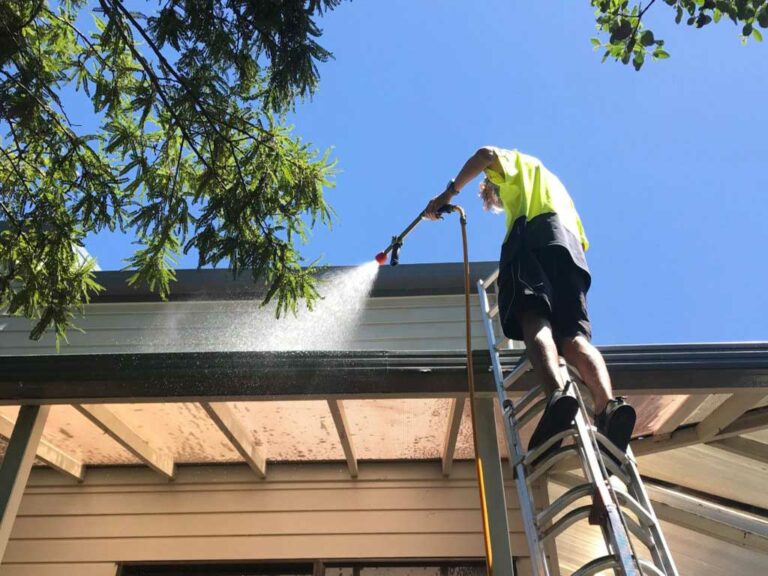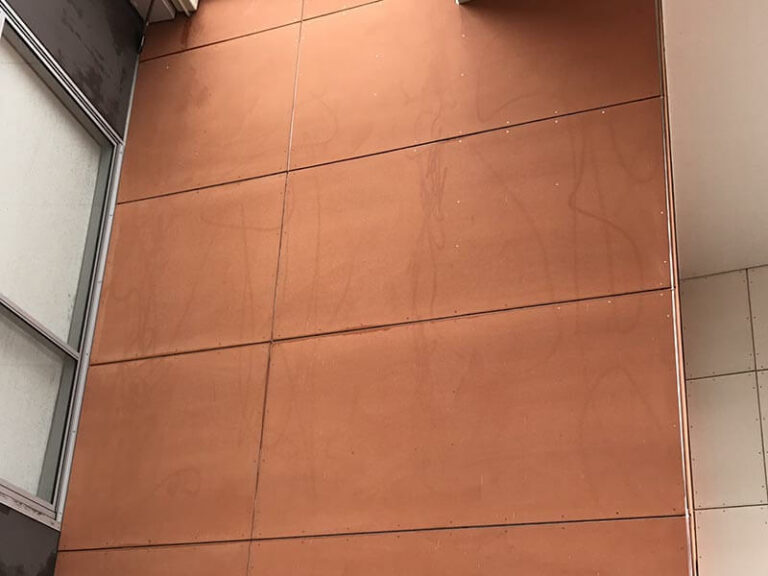Difference Between Water Blasting and Soft Washing / Chemical House Washing
What’s the difference between soft chemical washing a house and water blasting a house?
The biggest difference between soft house washing is the amount of pressure needed to wash a house and the application of chemical solution.
Soft washing is where a chemical mix is applied to the house and this dissolves and cleans deeply. Ideal for use on painted surfaces, some woods but does have the potential to stain / bleach surfaces when used incorrectly.
Water blasting a house will never achieve the same results as a chemical house wash will. The type of mould, dirt and dust on the exterior of a house just won’t respond to water pressure alone. Imagine washing a frying pan with just cold water, It’s hard to get rid of all the grease until you use a bit of soap and warm water. The same applies to house washing- it’s very difficult to remove the mould until you wash the house with some soap and chemicals.
Please note: Both soft / chemical house washing and water blasting have the potential to cause damage. They both take some time and practice to become competent in and require the right equipment. Be sure that the operator you choose to wash your house has had some previous house washing experience.
Water Blasting and Damage
Water blasting has the potential to cause around the home by forcing water in behind cladding and into cavities around the house. One of the problems with water blasting is that the damage often isn’t visible until after the surface has dried. At this point marks and damage on the house are too engrained to repair easily.
Why is it important to understand the mix rates when chemical washing a house?
Washing a house with the correct amount of chemical and soap means that more of the cleaning reaction taking place happens on the dirt and mould on the house and not in the garden and in the rest of the environment.
The truth about “biodegradable” in the house washing industry.
You will often see house washing companies claim biodegradable products. This is true to some degree but unfortunately these biodegradable chemical house washing products aren’t environmentally friendly. The chemical the industry is talking about is a pool bleach. It does biodegrade in sunlight and heat but can be potentially dangerous at higher strengths. Although house wash chemicals are biodegradable, if it is used at strength strong enough to burn organic matter this will create non-biodegradable by-products from the reaction. These free radical particles build up in the atmosphere, ecosystems and in our bodies.
A good house washer should understand the sort of mould they are washing and how strong the chemical house wash mix needs to be.
How often should a house be washed?
A house should be washed annually. Having it done regularly will ensure less pressure and less chemicals needs to be used to get the house sparkling clean again. Even when the house looks clean it will still be accumulating dust and organic matter that isn’t visible. Once this organic matter builds up it gives mould a place to grow and will quickly turn to more damaging types of mould like red mould and lichen.
When is a house beyond a soft wash?
A house is beyond soft washing when you start to see lichen growth. At this point the lichen must be removed by applying hard pressure usually through a water blaster or brush. There will always be some level of damage to the house once lichen grows. This is a big sign that you are well over due for a house wash!
Thanks for reading and as always feel free to contact us for any further information.
0800 777 296
NZTS Auckland







